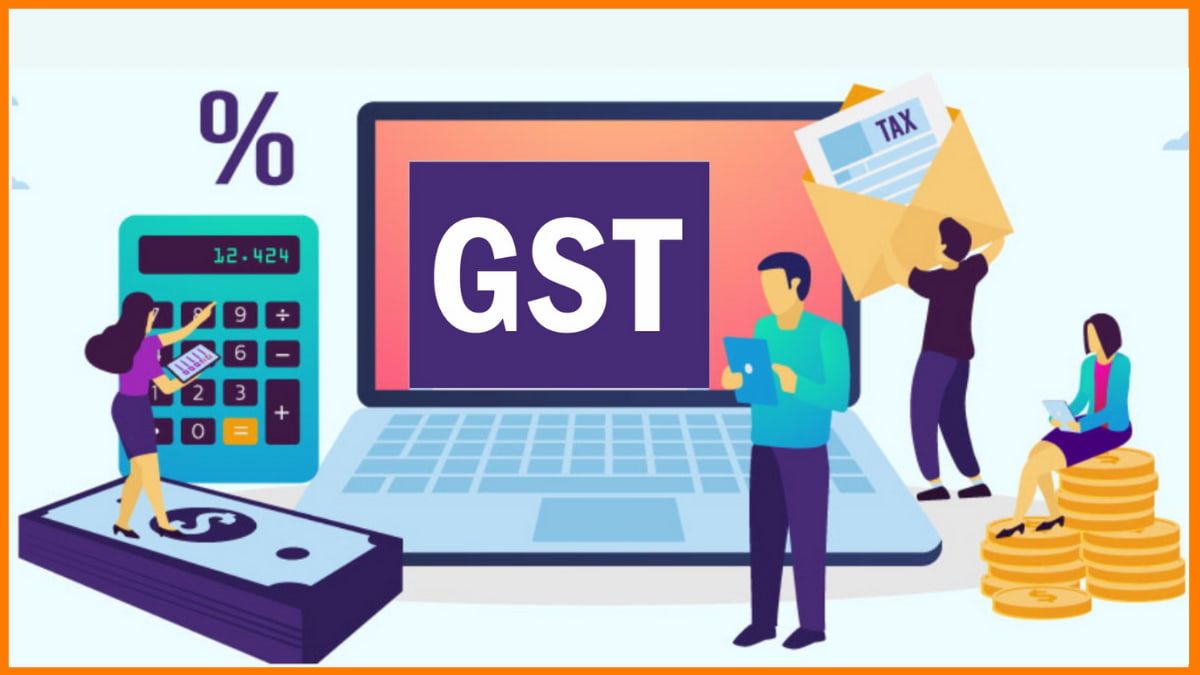Understanding the Benefits of Singapore GST Registration for SMEs
Understanding the Benefits of Singapore GST Registration for SMEs
Blog Article
The Ultimate Overview to Streamlining the GST Registration Process and Needs for Small Company Owners

Understanding GST Essentials
To comprehend the basics of the Item and Services Tax Obligation (GST) system, little business owners should initially understand its underlying concepts and effects. GST is a value-added tax obligation levied on the majority of items and services for residential usage. It intends to enhance the tax process by changing multiple indirect tax obligations imposed by the state and central governments. Under the GST program, companies are called for to collect and sign up tax obligation in support of the government, making sure transparency and conformity.
One of the essential principles of GST is input tax credit score, which enables services to assert credit scores for tax obligations paid on their acquisitions. Comprehending these fundamental principles is important for small business owners to browse the intricacies of the GST system and make certain conformity with the legislation.
Eligibility Requirements for Registration
Having developed a foundational understanding of GST principles, tiny organization proprietors need to now satisfy specific eligibility requirements to proceed with the enrollment procedure (Singapore GST Registration). Organizations that were registered under the previous tax routine (VAT, service tax, etc) are additionally mandated to sign up under GST. Farming companies that just supply generate out of main production are excluded from GST registration.
Papers Needed for GST Registration

Simplified Registration Process Actions
Adhering to the collection and verification of the requisite papers, the enrollment procedure for GST can be navigated via a collection of streamlined actions created to help with reliable conformity for little service proprietors. Upon successful confirmation, an Application Referral Number (ARN) is provided, anonymous indicating the completion of the GST registration procedure. By complying with these simplified steps, tiny company owners can efficiently register for GST and make sure compliance with tax obligation laws.
Tips for Ensuring Compliance
To keep regulative adherence and functional integrity, attentive oversight and proactive procedures are critical in making certain conformity with GST requirements for local business proprietors. Local business owners should stay updated with GST regulations, submitting deadlines, and any type of adjustments in tax rates to avoid charges and keep a great standing with tax authorities. One crucial tip for compliance is to maintain exact and thorough documents of all transactions, including expenses, invoices, and invoices related to GST. Consistently fixing up financial records with GST returns can aid in determining and correcting any inconsistencies immediately. Furthermore, carrying out regular inner audits or seeking expert support can guarantee that business is adhering to all GST rules appropriately. It is additionally vital for local business owners to buy GST-compliant bookkeeping software program that see here can simplify the tax obligation filing procedure and decrease errors. Lastly, going to GST awareness workshops or training programs can enhance understanding and conformity with GST guidelines, eventually profiting business over time.
Final Thought
Finally, small company owners must understand the basics of GST, satisfy the qualification criteria, gather essential documents, and adhere to the simplified enrollment procedure steps to make sure conformity. By streamlining the GST enrollment procedure and requirements, small company proprietors can avoid charges and operate their organizations smoothly within the legal framework - Singapore GST Registration. It is essential for local business proprietors to remain enlightened and compliant with GST policies to keep a successful company procedure
Small business owners seeking GST registration should guarantee they collect and submit the essential papers to complete the enrollment process efficiently. The files required for GST enrollment normally consist of proof of service registration or incorporation, PAN (Permanent Account Number) card of the business address, entity and identity proof of the promoters/partners/directors, photographs, address proof of the area of service, financial institution account declarations or terminated cheques, and consent forms. Going to GST understanding workshops or training programs can enhance understanding and conformity with GST guidelines, inevitably profiting the organization in the long run.
By streamlining the GST enrollment process and requirements, tiny service owners can stay clear of charges and run their organizations efficiently within the legal framework. It is important for tiny organization owners to remain educated and certified with GST policies to keep a successful business procedure.
Report this page